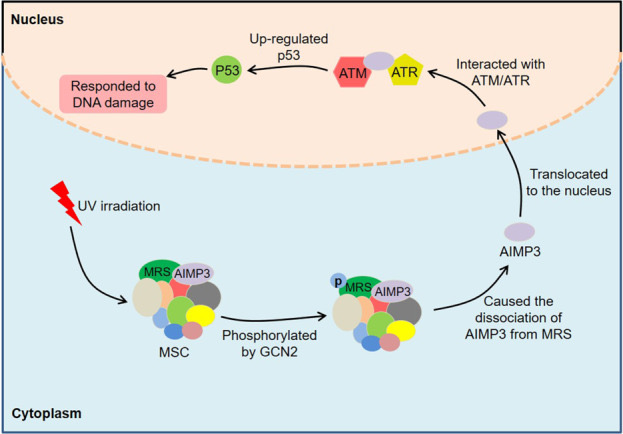Optimizing Antibiotic Dosing in Tuberculosis: Effects on the Respiratory Microbiome

The management of tuberculosis (TB), an infectious disease caused by Mycobacterium tuberculosis (Mtb), has become increasingly complex, particularly with respect to the treatment's impact on the respiratory microbiome. Dr. Wilber Sabiiti from the University of St Andrews emphasizes the critical need for optimized antibiotic dosing to mitigate adverse effects on the respiratory microbiome while ensuring effective treatment outcomes.
The respiratory microbiome plays a pivotal role in immune regulation and respiratory health. Antibiotics used in TB therapy can disrupt this delicate ecosystem, leading to a reduction in microbial diversity and an increase in opportunistic pathogens. For instance, a study conducted by Musisi et al. (2023) published in *Lancet Microbe* reported that various anti-TB regimens significantly depressed the microbiome's composition early in treatment. Such disruptions can result in secondary infections and hinder recovery, raising alarms in the medical community regarding the long-term implications of antibiotic therapy (Musisi et al., 2023).
Historically, TB treatment has relied on long-term multidrug therapy, typically spanning six months or longer. Current guidelines emphasize that the standard treatment regimen includes antibiotics like rifampicin and isoniazid, which, while effective against Mtb, exhibit broad-spectrum effects that compromise the respiratory microbiome (World Health Organization, 2023).
Recent findings highlight that the detrimental effects of antibiotic treatment can persist long after therapy has concluded. A comprehensive analysis by Wipperman et al. (2017) in *Scientific Reports* indicated that patients undergoing anti-TB treatment exhibited significant reductions in microbial diversity, with a notable depletion of beneficial commensal bacteria. These alterations not only weaken the microbiome's protective capabilities but also may predispose patients to a spectrum of respiratory infections (Wipperman et al., 2017).
In response to these challenges, optimizing antibiotic dosing has emerged as a potential solution. The concept of precision dosing involves tailoring antibiotic regimens to individual patient needs, thereby minimizing unnecessary exposure that exacerbates microbiome disruption. Therapeutic drug monitoring (TDM) is one approach that could facilitate this precision, ensuring that drug concentrations are kept within therapeutic ranges without exceeding levels that may harm the microbiome (Alffenaar et al., 2017).
Moreover, the exploration of shorter TB treatment regimens has shown promise. Dorman et al. (2021) in the *New England Journal of Medicine* noted that four-month regimens utilizing moxifloxacin could achieve similar efficacy as traditional six-month courses for select patients. Such strategies could potentially reduce cumulative antibiotic pressure on the microbiome, limiting long-term dysbiosis (Dorman et al., 2021).
Despite these advancements, challenges remain in balancing effective TB eradication with microbiome preservation. The risk of developing drug resistance due to suboptimal treatment must be weighed against the potential long-term health impacts of dysbiosis. Future research is needed to identify narrow-spectrum therapies or adjunctive treatments, such as probiotics, that could support microbiome recovery during TB therapy (de la Cuesta-Zuluaga et al., 2024).
As the medical community advances in understanding the interplay between antibiotics and the microbiome, it becomes increasingly clear that a nuanced approach to TB treatment is essential. The respiratory microbiome's role should be integrated into clinical strategies, ensuring that both TB eradication and microbiome health are prioritized. This shift could significantly reshape TB therapy and enhance patient outcomes in the years to come.
Advertisement
Tags
Advertisement





